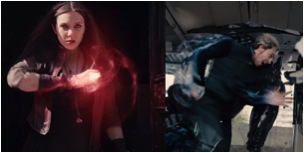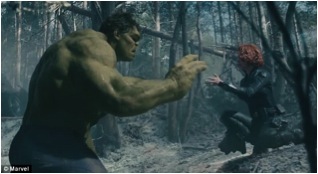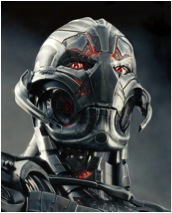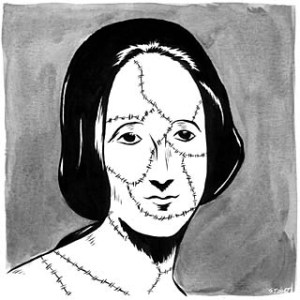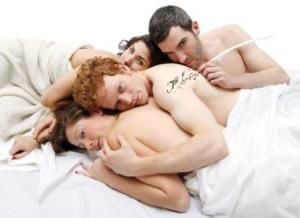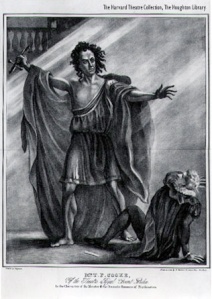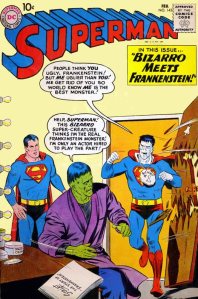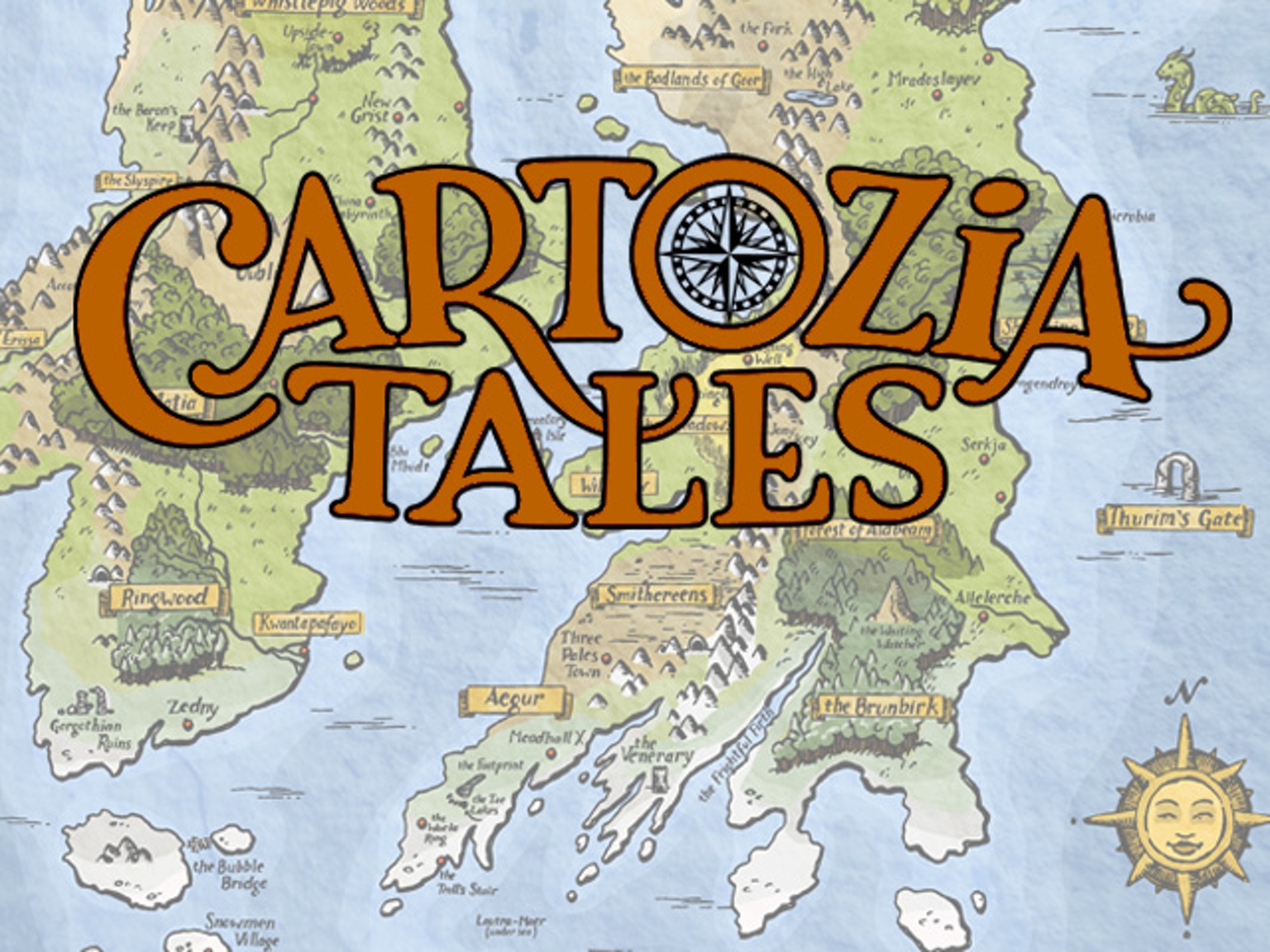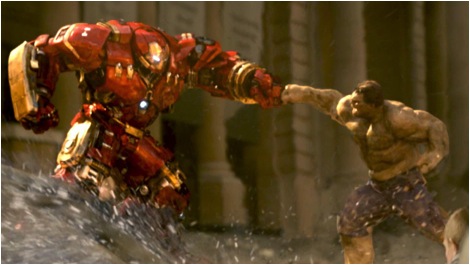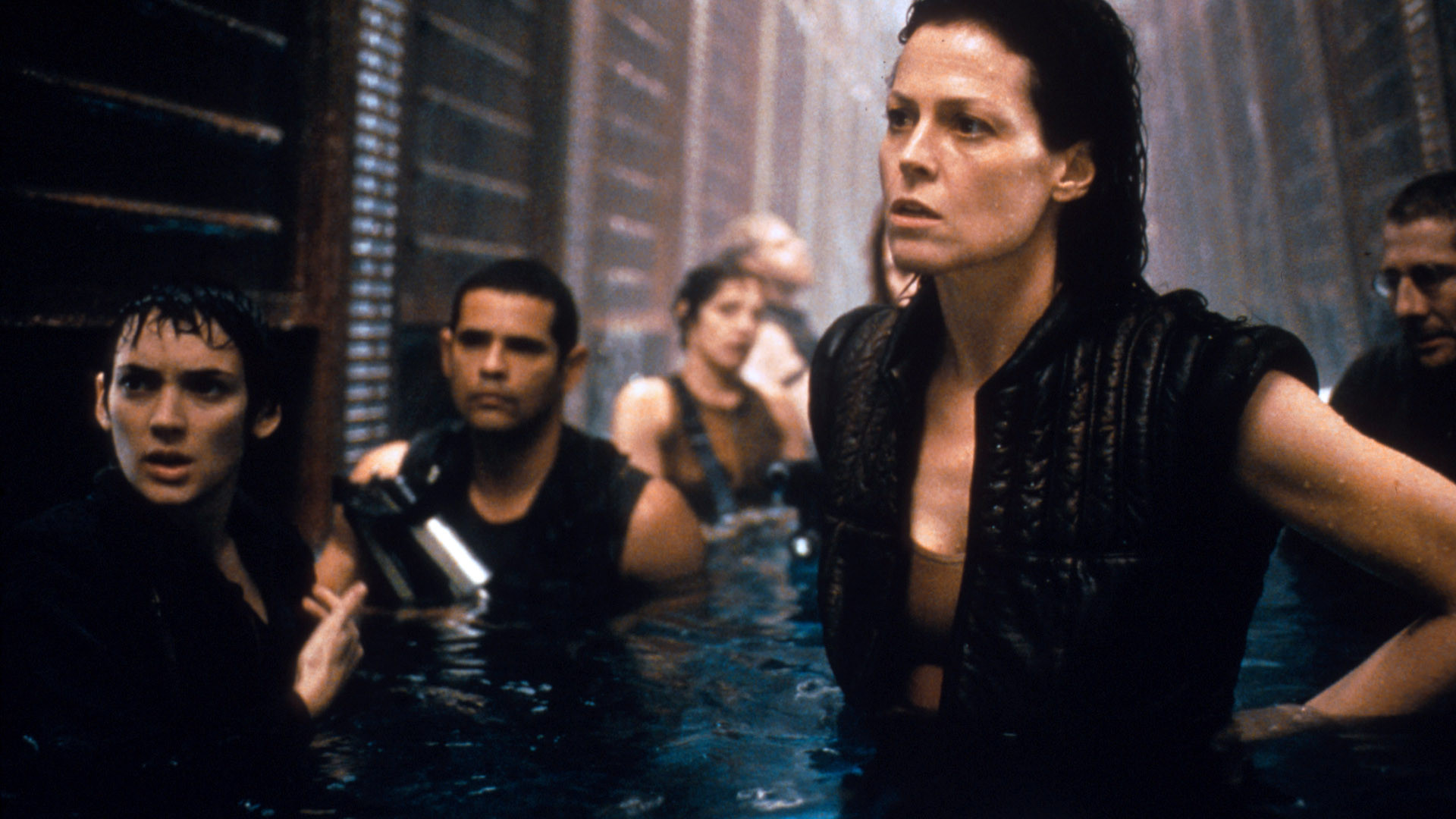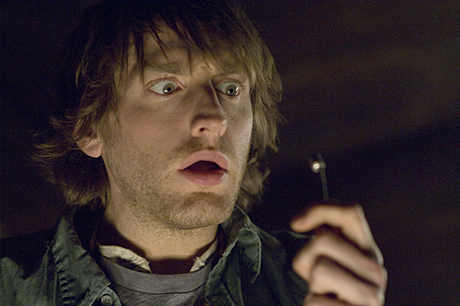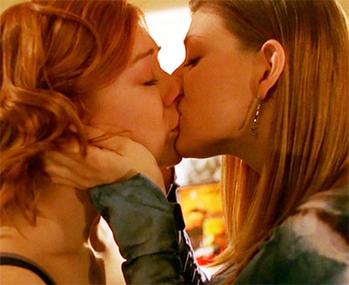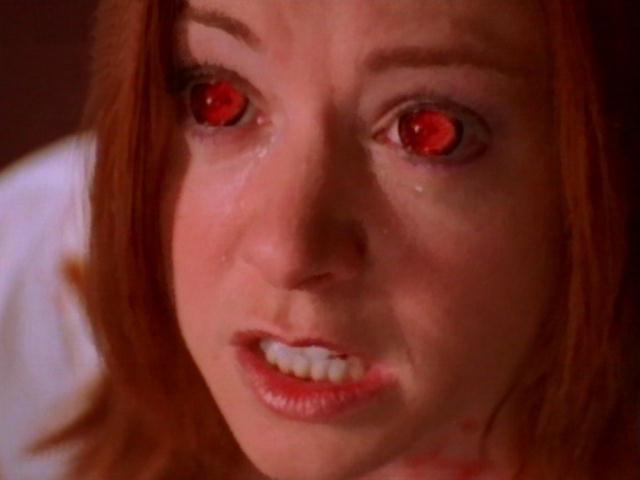The index to the entire Joss Whedon roundtable is here.
_________
In the Joss Whedon Avengers universe, to exist somewhere outside of the gender binary is suspect; to be genderless is monstrous.
Whedon adores the “superheroes can be dangerous” theme. In both Avengers films, the Avengers’ potential danger to society is presented repeatedly. Superpowers, whether innate, learned, or built, are dangerous, and superpowers without proper control are likened to nuclear weapons in the hands of madmen. The control of superpowers is associated with the command and control of gender expression. While the 2012 Avengers film features only one female Avenger, Black Widow, the recent Avengers: Age of Ultron introduces additional team members, revealing a sharp gender distinction.
Summarized by Agent Maria Hill – he’s fast and she’s weird – twin siblings Scarlet Witch and Quicksilver are the representative binary in the Whedon Avengers universe. Quicksilver’s superpower is speed: simple, mono-dimensional, active. There is no further revelation or exploration of his powers throughout the course of the film. Scarlet Witch’s power is weird: manipulative, subversive, unpredictable. Wielding sparks of scarlet lightening from her fingertips, she exhibits the ability to control both objects and minds. Her exact powers are never defined, but we learn that she can control the emotions of others and that her own strong emotions activate her most destructive powers. The twins are a traditional gender dichotomy; he is bodily action and she emotional manipulation. Both expressions are conceived of as equally powerful – the difference lies in the approach. Theirs is the traditional superhero’s fate: he meets a hero’s death and she rounds out a heroic team. Channeled in traditionally masculine or feminine ways, superpowers are safe and effective.
In the Whedon Avengers Universe, both exaggerated and mutilated gender is dangerous, whether it’s the inflated maleness of the Hulk or the broken femaleness of Black Widow. Bruce Banner’s angry transformations to the muscular and furious Hulk are an easy metaphor for the worst of the testosterone-fueled violence of masculinity. Banner, who fears and reviles “the other guy,” rejects this aspect of himself as a monster. His über-gender has rendered him incapable of raising a traditional family with the would-be mother of his children, Black Widow, alter ego Natasha Romanov. Romanov herself is played up as overly flirtatious, not to be trusted, and duplicitous. Romanov assures Banner, however, that her indoctrination as an assassin in the Red Room included a traumatic forced sterilization. After the confession of his inability to provide her the stable family life that she (supposedly) desires, she confesses her dark secret of infertility and wonders “who’s the monstrous one now?”
If femininity is emotional power – the power to exploit our attachments to one another, as Scarlet Witch does – then to harm that power hampers the overall humanity of the female person. A woman without the ability to form that most intimate of biological relationships must be lacking her power. A man whose gender is hyper-expressive is (quite literally in the case of Hulk) not fully human either. He lacks the ability to control his power.
Both Hulk and Black Widow are the only superheroes who, once having joined the Avengers, express doubt over their continued ability to play the part of “good guy”. Banner is prone to brooding and insisting that he is simply too dangerous for human interaction or vehicular containment. Romanov expresses her “dream” to actually be an Avenger, even though she is clearly an established member of the group and hardly the only Avenger lacking superhuman powers. With their gender expressions out of whack, Hulk and Black Widow at best can be marginalized members of the team, capable of doing good, but perhaps not to be fully trusted.
If hyper- or mutilated-gender is dangerous, a lack of gender expression is nothing short of monstrous. The most terrifying monster is, of course, that which exhibits an apparently human mind but is somehow less than human. Ultron, who is human intelligence and emotion trapped inside a crumbling, mechanical body, is humanity without physical expression. It has no gendered body – and therefore no power – with which to control the worst aspects of humanity. In a confrontation scene in which Ulysses Klaue dismisses Scarlet Witch and asks to speak instead to the man in charge, Ultron aborts the interrogation and declares: “there is no man in charge.”
The irony is that Ultron is logically the “man” in charge. The character is voiced by male actor James Spader, and we as an audience have a tendency to presume that anthropomorphized non-humans (dogs, toasters, robots, what-have-you) have a default gender of male. Thus, given the presumption of Ultron’s “maleness”, such a statement might normally be interpreted to suggest Ultron’s lack of humanity – i.e., Ultron is a machine, not a human, and therefore there is no (hu)man in charge. However, the juxtaposition of the specificity of the word “man” with Scarlet Witch’s abrupt and sexist dismissal allows for a second interpretation: Ultron denies not only humanity, but with it gender altogether. There is no “man in charge” because a robot is in charge, and, well, machines have no gender.
Vision is the logical counterpoint to Ultron. With a mind similarly born of Tony Stark’s foray into artificial intelligence, but with a human body grown by medical genius Dr. Helen Cho, Vision is Ultron’s foil. Vision is, to be sure, ambiguous, and the ambiguity remains at the end of the film. The character, however, is clearly intended to be Good, and his Goodness is grounded in his full association with humanity, which includes an apparently male gender (indeed, a hetero-normative male gender, as the beginnings of his relationship with Scarlet Witch implies).
In the Whedon Avengers universe, a tightly defined gender binary informs the superhero’s ability to be human, and therefore to be good. Shambolic gender expression limits the superhero’s humanity, resulting in an ambiguous, potentially dangerous figure. To remove gender expression from the equation altogether stumbles upon an uncanny valley in which the human-esque but grotesque terrify and repulse.
—-
Em Liu is a fiction enthusiast particularly interested in depictions of women and minorities onscreen. She blogs over at FictionDiversity.com, and you can follow her on Twitter at @OLiu1230

